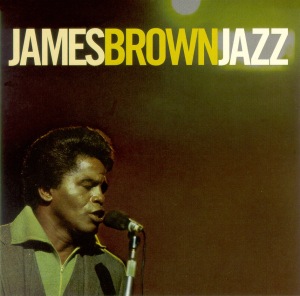Grant Green (St. Louis, Missouri, June 6, 1935 – New York, January 31, 1979) was a jazz guitarist and composer. Recording prolifically and almost exclusively for Blue Note Records (as both leader and sideman) Green performed well in hard bop, soul jazz, bebop and Latin-tinged settings throughout his career.
Having firmly established himself as the ’60s jazz guitarist second only to the great Wes Montgomery , Grant Green was willing and able to move into something new and give himself up to the emerging funk wave that would seep across the ’70s.
Hypnotically rhythmic and quintessentially grooving, the five tracks on this album are all exceptionally tasty bursts of authentic funk. “Carryin’ On” contains two solid covers, The Meters’ “Ease Back” and James Brown’s “I Don’t Want Nobody To Give Me Nothing (Open Up The Door I’ll Get It Myself)”.
Neal Creaque’s “Cease the Bombing,” (later covered by Pucho & His Latin Soul Brothers ) floats like a smooth sailing trip across the ether with Green majestically at the helm.
Recorded at Rudy Van Gelder Studio, Englewood Cliffs, New Jersey on October 3, 1969.







